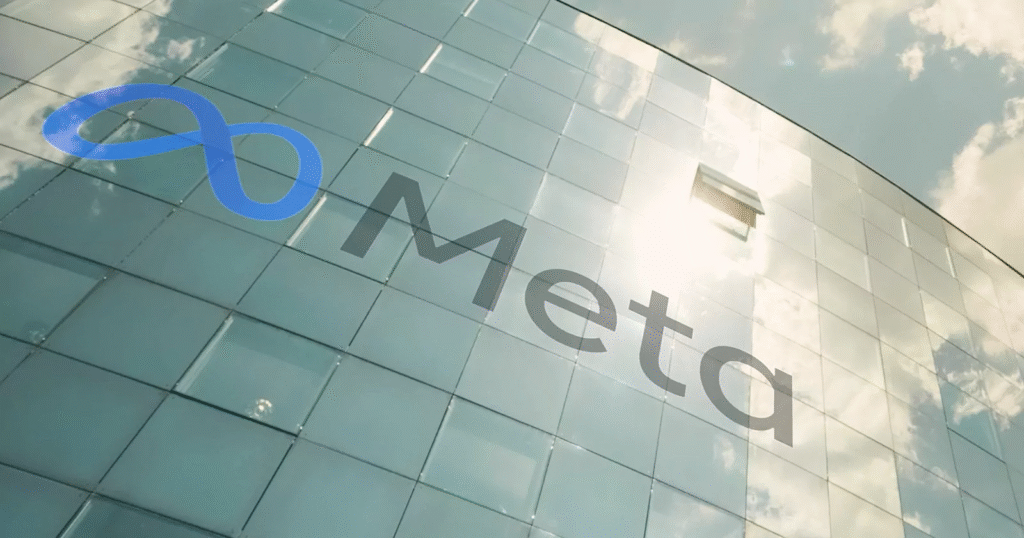Meta announced on July 14, 2025, that it will expand its efforts against “unoriginal” content on Facebook. The company has already removed around ten million profiles impersonating large creators and acted against five hundred thousand accounts for spammy behavior earlier this year. Now, Meta will further penalize accounts that repeatedly reuse others’ text posts, photos, or videos without meaningful additions.

How Facebook Will Enforce the Policy
Accounts found to be sharing duplicate content will lose access to Facebook monetization programs for a time and will see their posts distributed less widely. When Facebook detects copies of a video, it will point viewers to the original clip. Meta is also testing a feature that adds direct links on duplicate videos to drive traffic back to the creator who first published the content.
Difference Between Reposting and Engagement
Meta further explained that participants of trends, who create reaction videos or place their own comments, will not be sanctioned. It is about those who repost the accounts without permission or make significant changes. The producers will be inspired to give real stories, prove their contexts, and offer novel information narrations as opposed to making up remixed clips.
AI‑Generated “Slop” and Quality Tips
The rise of generative AI has flooded social platforms with low‑effort videos featuring static images and robotic narration. To combat this, Meta advised creators to avoid auto‑generated captions, to write thoughtful original captions, and to ensure their editing and voice‑overs add real value. These guidelines mirror YouTube’s recent policy clarifications on mass‑produced AI content.

Support for Affected Creators
Meta will roll out these changes gradually so that creators have time to adapt. Publishers can use the Professional Dashboard’s new post‑level insights to see if their pages face distribution or monetization risks. The Support home screen will also highlight any penalties or actions pending on a creator’s profile.
As platforms respond to content farms and AI‑driven duplication, both Facebook and YouTube are setting clear lines between original work and simple reposting. For creators, the path forward is clear: invest in unique ideas, polish every video caption, and let authentic storytelling guide their content.





